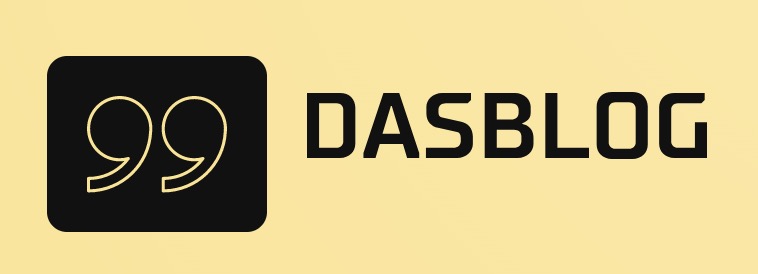An individual’s right to privacy is a cornerstone of the United States Constitution. Inherent in this right is the right to be anonymous. While some bloggers may choose to reveal their identities, many others choose to remain anonymous.
This right to anonymity is particularly important in the Blogosphere, which is often seen as a space where individuals can freely express their opinions without fear of retribution. Some bloggers choose to remain anonymous for fear of retaliation from individuals or groups with whom they disagree or with whom they may have personal animosity.
There are a number of reasons why an individual might choose to remain anonymous on the Internet. Some bloggers may want to avoid negative attention from individuals or groups with whom they have disagreements.
Others may want to avoid revealing personal information about themselves, such as their real name or address. Still others may simply want to remain anonymous for personal reasons, such as wanting to avoid being identified as a political or social critic.
While an individual’s right to privacy is a cornerstone of the United States Constitution, it does not always extend to the Internet. In some cases, courts have found that an individual’s right to privacy does not extend to online activities conducted through a personal computer.
In other cases, courts have found that an individual’s right to privacy does extend to online activities conducted through a corporate website. It is important for bloggers who wish to remain anonymous to understand the law in their particular jurisdiction and to take steps to ensure that their online activities are not accessible by public officials or members of the media who could use them against them in court.
In general, it is unlikely that authorities would be able to identify a blogger who chooses to remain anonymous unless they had access to his or her identity information, such as his or her real name or address. However, there are occasional cases in which authorities have been ableto identify bloggers who have chosen not to reveal their identities.
For example, in 2010 neo-Nazi blogger Andrew Anglin was identified by law enforcement officials in connection with a series of bomb threats made against Jewish community centers across the United States. Anglin had published several articles on his website identifying Targets for attack and providing instructions on how readers could make similar bombs using readily available materials.
